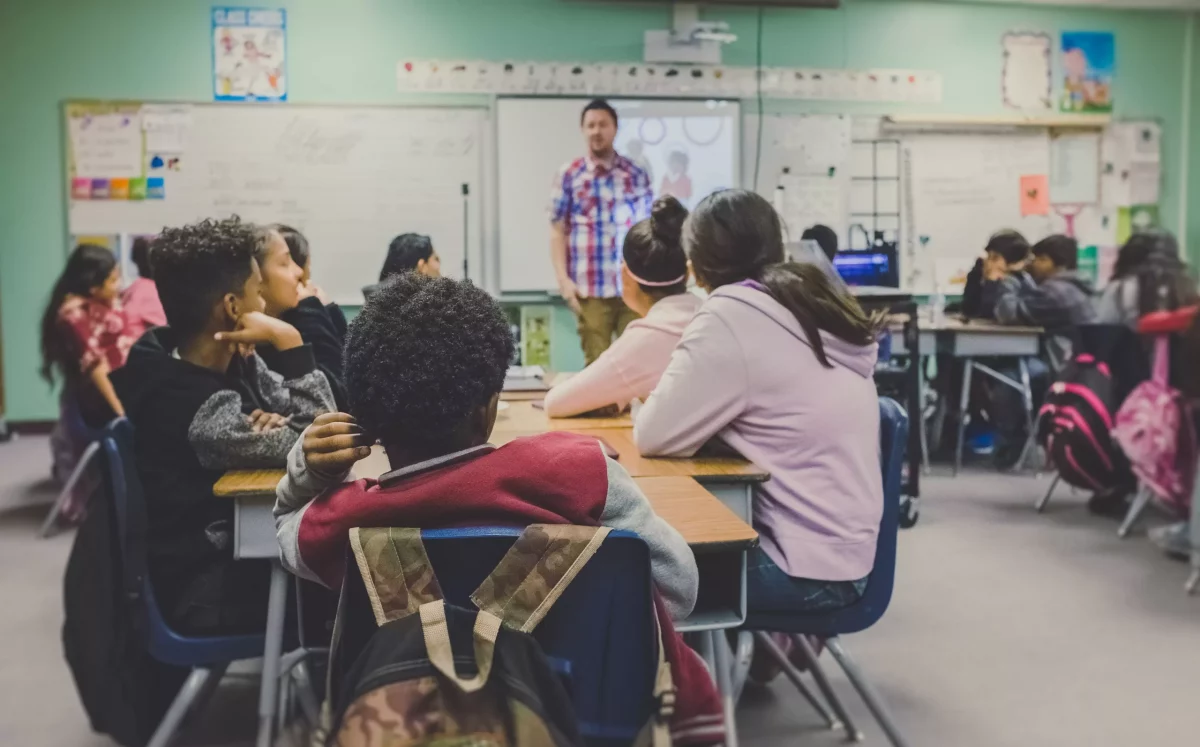Students going back to school can expect a few changes to come into effect for the 2023/24 academic year. Here’s what you need to know.
Several new reforms are being set in motion for the coming school year, all intended to improve the learning experiences of France and Monaco’s young people.
From weekly support sessions to the option of practical maths classes as well as sweeping updates to the vocational school system, the new academic year features improvements designed to benefit and better equip students for the future.
SIXTH GRADE
First year middle school students, or 6ème collégiens, will now be offered an hour a week of support for French and/or maths as well as homework via the “Devoirs Faits” programme. This is included in the 26 mandatory hours for sixth graders and the move was triggered by recommendations from teaching staff.
The idea is that sixth grade students will have the chance to work outside the confines of the general maths and French programmes, allowing for different ways of learning concepts and problem solving not taught in class. This means it’s tailor-made to fit each child’s skill sets and needs for a “deepening” of understanding.
The “Devoir Faits” system, which was formerly optional, is now compulsory for all sixth graders to help ease them into middle school and its less structured days. The key here is to help kids take on an independent approach to completing assignments during out-of-hours study hall sessions. They are meant to work alone, but help is available if needed.
MANDATORY MATHS
Maths in première has been reintroduced into the core curriculum for those who have not chosen maths as one of their three specialities. It had previously only been an option. The subject matter will be taught for a total of one and a half hours each week and will consist of practical maths lessons such as learning about statistics, probabilities, data processing and the like.
VOCATIONAL SCHOOLS
The changes in vocational instruction affect terminale or graduating students in particular. For those entering then workforce immediately after graduation, there will be a 50% increase in traineeship to help prepare them.
For those continuing studies, four intensive weeks of adapted courses are on the cards to ease the transition from high school to higher education.
The state has also announced it will be paying a traineeship allowance to high school pupils who are preparing for a vocational diploma at secondary level (CAP, vocational baccalaureate, additional mention, certificate of crafts) and to high school students engaged in complementary training of local initiative (CFLI) after a CAP or a vocational baccalaureate.
The amounts vary depending on the year and level.
For more information on each of the changes, visit the official French government portal here.
Make sure you’re never left out of the conversation.
Sign up for the Monaco Life newsletter, and follow us on Facebook, Twitter, Instagram and LinkedIn.
Photo source: Kenny Eliason, Unsplash
